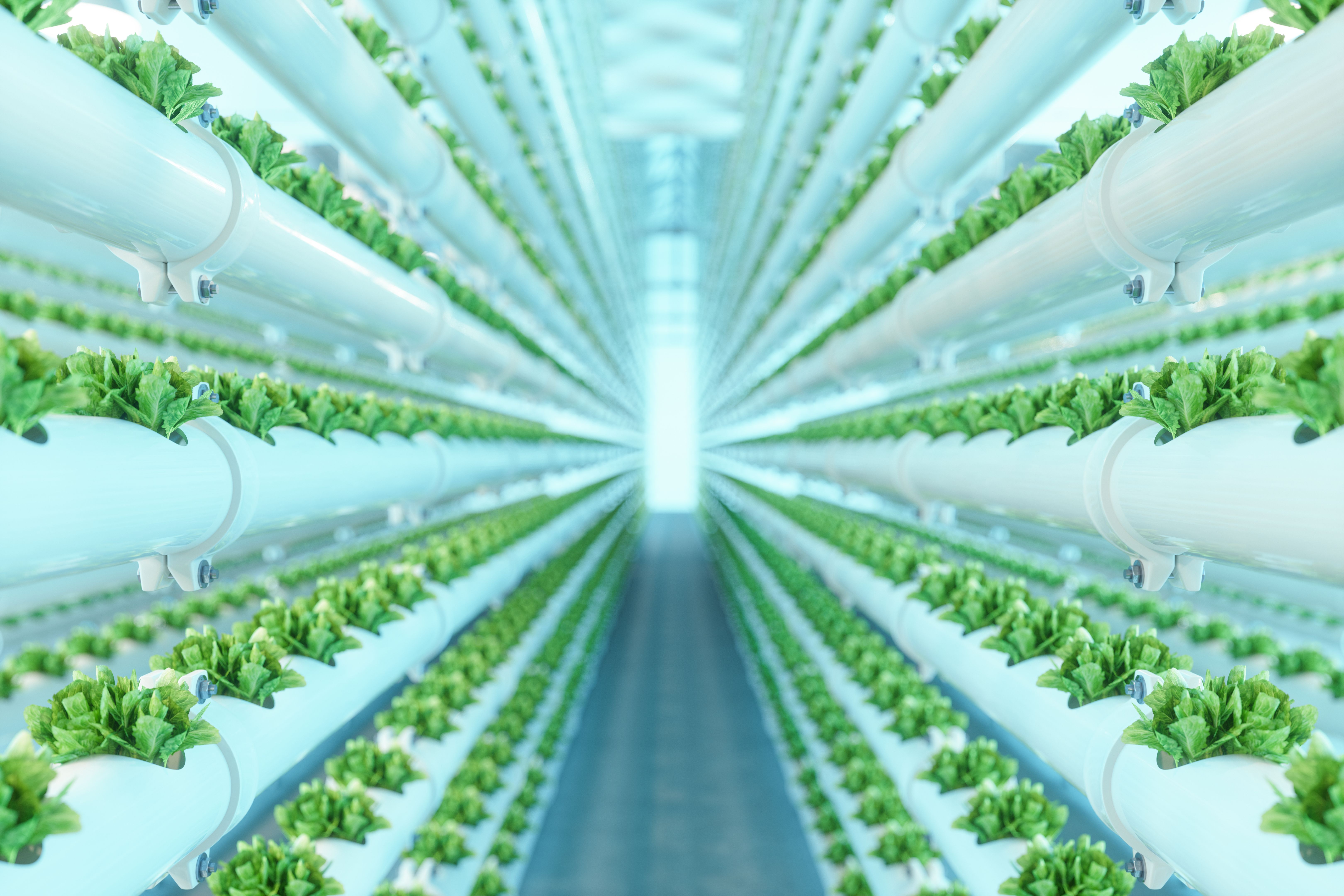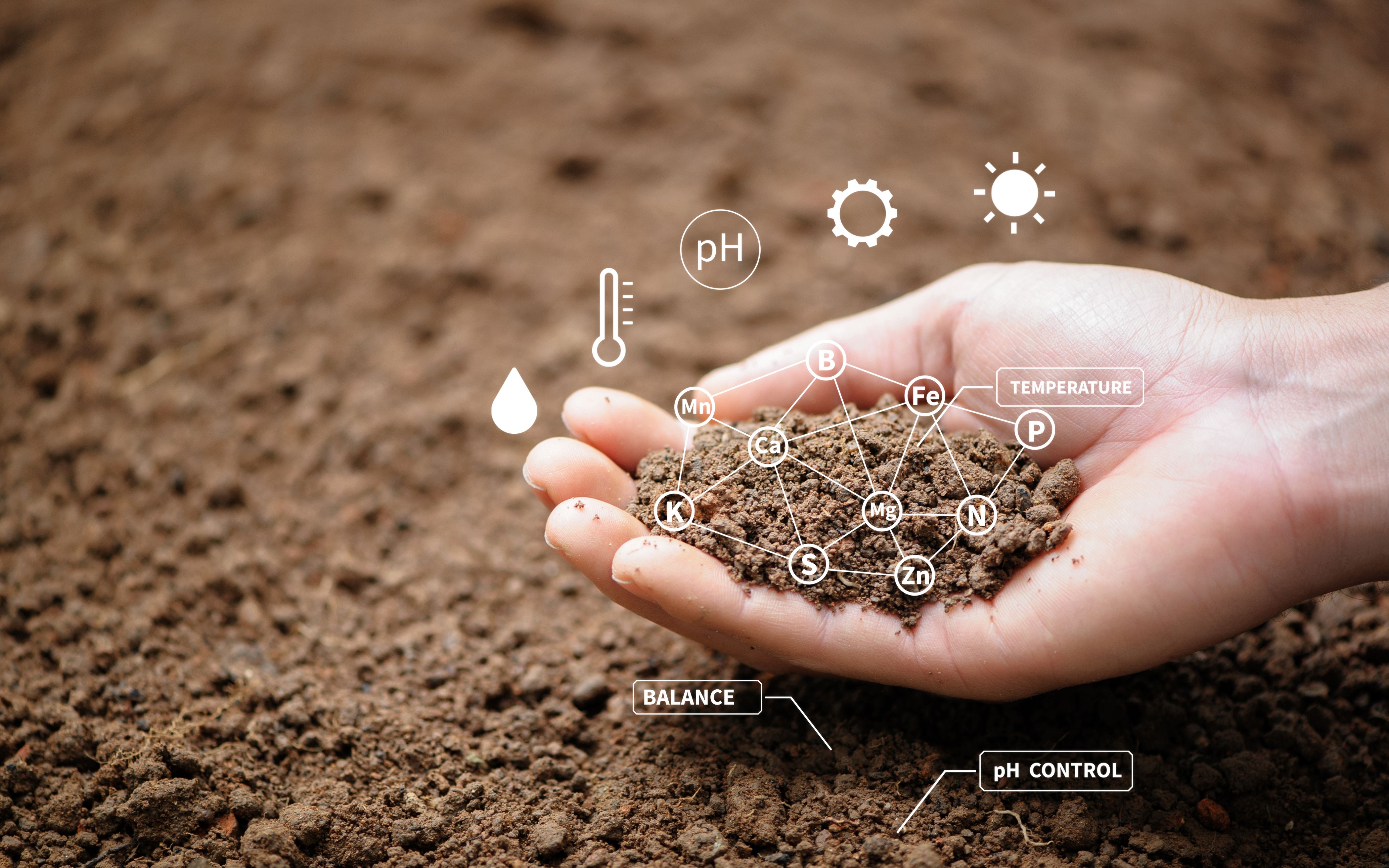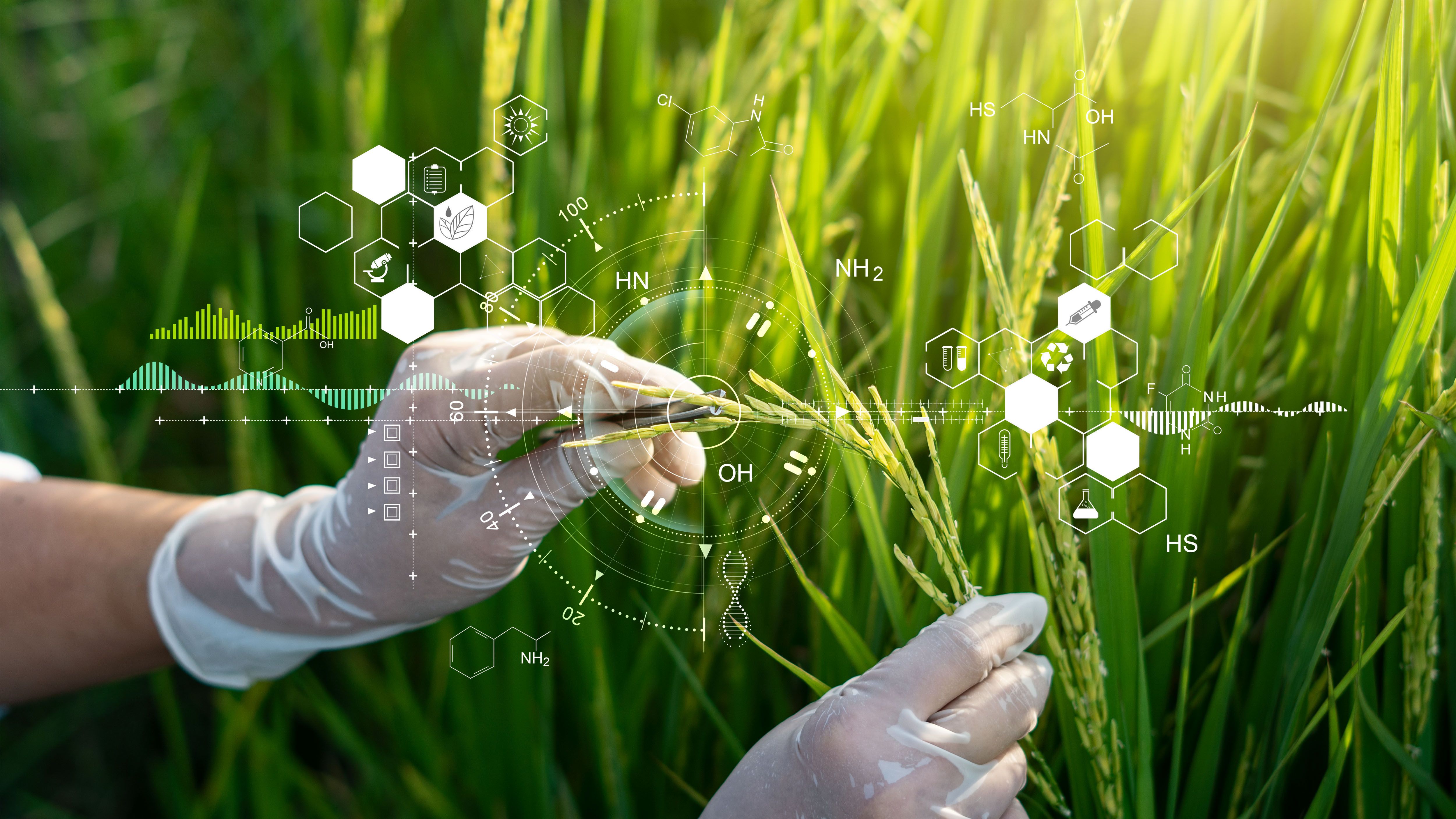The Future of Farming: Trends and Innovations for 2024
Embracing Technological Advances
The agriculture industry is on the brink of a technological revolution. As we look towards 2024, the integration of advanced technologies promises to transform traditional farming practices. Farmers are increasingly adopting precision agriculture techniques, utilizing GPS and IoT devices to enhance crop yields and resource management. These technologies enable more accurate planting, fertilizing, and harvesting, reducing waste and boosting efficiency.
Moreover, drones are becoming a staple in modern farming. They assist with monitoring crop health, pest control, and even planting seeds. By capturing detailed aerial images, drones provide farmers with critical insights into their land, helping them make informed decisions that optimize productivity and sustainability.

Sustainability Takes Center Stage
With climate change posing a significant threat to global food security, sustainable farming practices are gaining traction. Farmers are adopting regenerative agriculture techniques that focus on soil health, biodiversity, and ecosystem balance. Practices such as crop rotation, cover cropping, and reduced tillage are becoming more prevalent as they help sequester carbon and improve soil fertility.
Additionally, vertical farming is emerging as a viable solution to urban food production challenges. By growing crops in stacked layers within controlled environments, vertical farms can produce fresh produce closer to urban centers, reducing transportation emissions and land use.

The Rise of Smart Farming
The concept of smart farming is gaining momentum as more farmers leverage data-driven insights to optimize their operations. With the advent of artificial intelligence and machine learning, farmers can now predict weather patterns, detect diseases early, and forecast market trends with greater accuracy.
Robotics is another innovation reshaping the agricultural landscape. Autonomous tractors, harvesters, and planting machines are reducing the need for manual labor and increasing precision in field operations. These machines are equipped with sensors and cameras that allow them to perform complex tasks efficiently.

Biotechnology Advances
Biotechnology continues to play a crucial role in advancing agriculture. Genetically modified organisms (GMOs) are engineered to be more resistant to pests and diseases, reducing the need for chemical pesticides. Moreover, developments in gene editing technologies like CRISPR are paving the way for crops that can withstand extreme weather conditions.
Researchers are also exploring alternative protein sources to meet the growing demand for food. Lab-grown meat and plant-based proteins are becoming more popular as they offer sustainable and ethical alternatives to traditional meat production.

Challenges and Considerations
While these innovations hold great promise, they also come with challenges. The initial investment required for advanced technologies can be prohibitive for small-scale farmers. Furthermore, there is a need for education and training to ensure these technologies are used effectively and responsibly.
Data privacy is another concern as farmers increasingly rely on digital tools to manage their operations. Ensuring that sensitive information is protected will be crucial as the industry moves forward.
Looking Ahead
The future of farming is bright, with technology and innovation driving significant changes across the industry. As we approach 2024, it is essential for stakeholders—from policymakers to consumers—to support these advancements while addressing the associated challenges.
By fostering a collaborative approach that prioritizes sustainability and technological integration, the agriculture sector can continue to feed the world while safeguarding the planet for future generations.